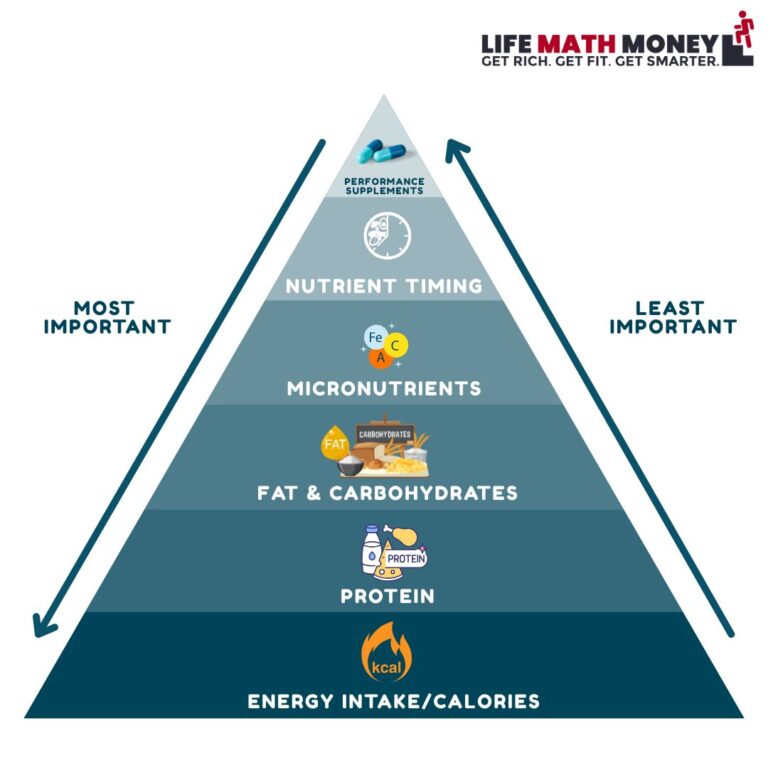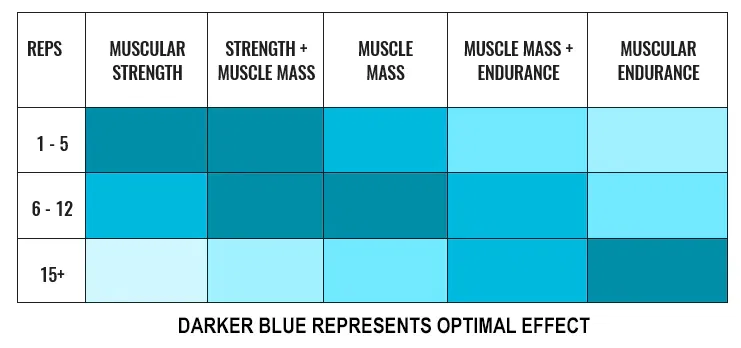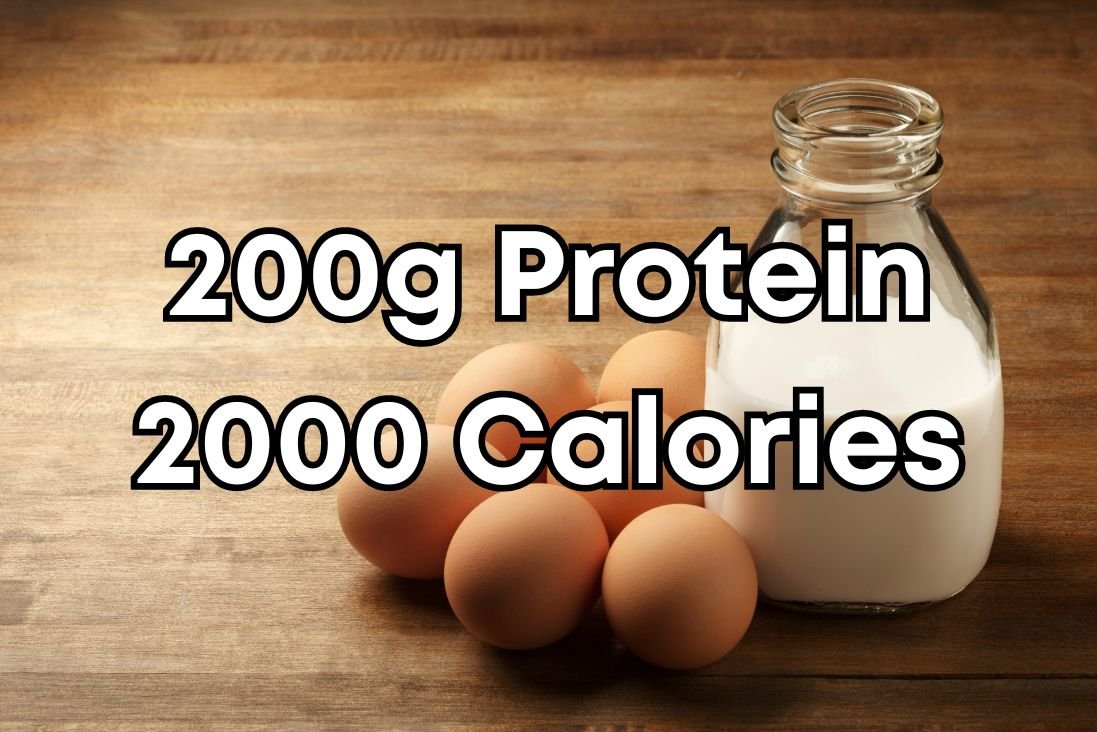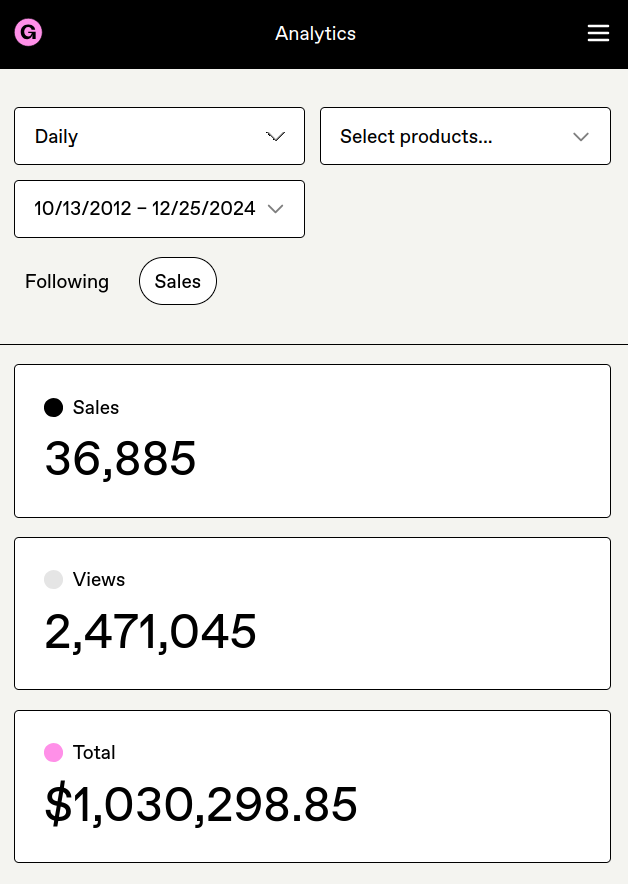In the previous part of this series, I talked about BCAAs, Leucine, and amino acid supplements. In this part, I want to talk about protein speed.
Different sources of protein have different digestion speeds and this can make some difference in what is better for you.
The fast protein sources release most of their amino acids into the bloodstream quicker than slow protein.
For example milk contains two types of protein: Casein (80%) and whey (20%).
Studies have shown that in fasted subjects, whey protein powders digest much quicker than casein protein powders.
Recall from the previous article in this series that the liver acts as a buffer for most amino acids with the exception of the 3 BCAAs. I also explained that leucine is by far the most important when it comes to activating mTOR, the pathway that triggers muscle protein synthesis (MPS).

As you can see from the chart above, whey protein releases most of its amino acids quickly (as measured by leucine in the bloodstream) and after 3-4 hours we return back to baseline.
On the other hand, casein digestion takes much longer and leads to a steady stream of amino acids being released into the bloodstream for many hours longer.
This is because casein naturally coagulates (forms curds) in the stomach. These curds are dense and take longer to be broken apart by stomach acids.
The research consensus is something like this:
- The body is continuously both breaking down and building new muscle. This is called continuous muscle turnover.
- Fast proteins are better for triggering MPS (anabolic).
- Slow proteins are better for minimizing muscle breakdown (anti-catabolic).
- A mix of fast and slow protein (like 50% whey 50% casein) has a slight edge over consuming only one of them for hypertrophy.
Note that milk is 20% whey and 80% casein. So one way to make a mix of fast and slow protein is to add whey protein to milk.
It should also be noted that this research is done on fasted people who are getting their protein shake after many hours of eating nothing.
More research has shown that whey protein slows down too when eaten with other foods and the difference between whey and casein protein speed is far less when your stomach isn’t empty.
In all practical cases, you’re not going to be fasted like the subjects in the study, so protein speeds don’t make that much of a difference in most realistic scenarios.
| Fast protein | Intermediate speed protein | Slow protein |
| Whey protein (all forms) Free amino acids (EAAs, BCAAs, etc.) Note that these also slow down when consumed with fat or fiber sources | Egg (white or whole) Soy protein isolate Lean cuts of meat like lean fish and poultry Note that these also slow down when consumed with fat or fiber sources | Casein Protein Cheese, yogurt, and pretty much everything else All solid meals that contain decent amounts of fat or fiber |
The main takeaway is that if you’re drinking only a protein shake right before you sleep instead of eating whole foods and you haven’t eaten anything in a while (situations like these may pop up if you’re in a deep cut), you are better off drinking casein protein instead of whey protein.
Casein will provide your body with amino acids across the night while whey will cause a spike but then return to baseline in a few hours.
Other than this, I don’t really see the point of worrying about protein speed.
Hydrolysed Protein Powders

This is another overpriced product pushed by the supplement industrial complex.
It’s essentially whey protein isolate that has already been “pre-digested” (hydrolysed) and broken down (into short chain peptides and some free amino acids) by using various enzymes in the manufacturing process.
It costs way more than “normal” whey protein isolate and tastes like shit (like all free form amino acids do).
The advantage? It releases amino acids in the blood a few minutes before whey protein isolate since it has been pre-digested.
You can achieve the exact same results by drinking your whey protein a few minutes earlier.
(You can also see this in the chart above – the free form amino acids behave like whey protein, just a few minutes ahead of schedule)
I will repeat what I said in the previous article: The supplement industry relies heavily on marketing. Other than a few supplements, most things they sell do not make any difference. The things that actually make a difference are almost always banned substances.
In the next piece in this series, I’m going to talk about protein timing.
– Harsh Strongman
| Title |
|---|










![Traits Women Find Attractive Traits Women Find Attractive (And How to Score Yourself) [PART 1: Physical Aspects]](https://lifemathmoney.b-cdn.net/wp-content/uploads/2025/11/Traits-Women-Find-Attractive-1.jpg)







































































